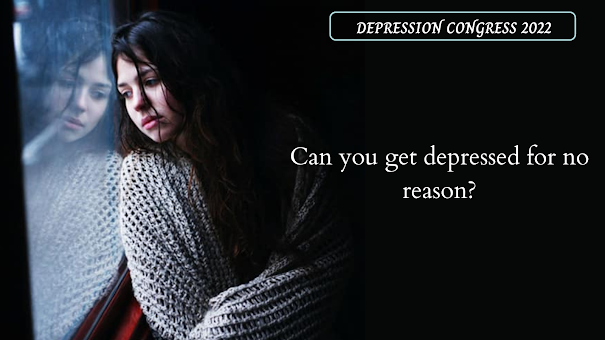Although marriage is meant to be
the happiest day of your life, for several brides feeling down and depressed
are common experiences once the large day. Media and cultural pressure to
possess the “perfect day” leads to several brides experiencing profound disappointment or depression following their ceremony. sadly, depression is
usually related to marital status discontentment, and instability. Depression
within the early years of a wedding will lay a foundation for dysfunctional
relative patterns and maybe a robust predictor of divorce.
First, compared to happy brides,
blue brides usually targeted themselves on weddings coming up with and on the
marriage day. Second, blue brides usually practiced uncertainty, or queries,
concerning the connection. as an example, some blue brides were puzzled if
they'd created the correct call to marry their partner, whereas others
struggled with relationship expectations as a man and wife. Finally, blue
brides usually centered additional on {the wedding} day than their approaching
marriage.
Getting married may be a massive
turning purpose in an exceedingly relationship, despite however long you have
got been alone. Shifting from qualitative analysis (or cohabiting) to lawfully
married may be discouraging and elicit uncertainty, or queries, despite however
excited concerning and assured you're in your union. Uncertainties are
traditional throughout massive transitions like weddings. In fact, married
couples’ expertise AN array of queries, together with doubts concerning their
own involvement within the relationship.
For instance, rather than spoken
language “I’m simply unsure of however I’m speculated to act once we’re
married,” dig a bit deeper to know what the particular uncertainty is. ar you
distressed that you’ll stop doing belongings you enjoyed before you were
married, like happening solo vacations? art you involved concerning your and
your partner’s expectations for social unit labor, intimacy, or finances? Or
are you distressed that your just identity has to modify currently that you are
a spouse?
Marriage is exciting, however
additionally a giant transition, and having queries is totally natural. Knowing
the way to effectively communicate concerning uncertainty will assist you and
your









